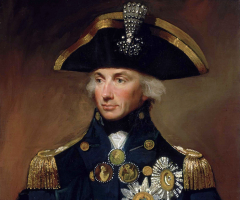Top 6 Interesting Facts About Horatio Gates
On July 26, 1727, in the little village of Maldon, Essex, United Kingdom, Horatio Gates was born. In 1745, Horatio enlisted in the British Army thanks to the ... read more...intervention of his mother and the financial assistance of a kind Duke. His military career reached its zenith in 1777 when the American forces he oversaw won the Battle of Saratoga, probably the biggest victory achieved by the American Army to that point. However, his three-year reign of military renown was just fleeting. Sadly, he lost the Battle of Camden in 1780. Here are the top 6 interesting facts about Horatio Gates that you should know.
-
The French and Indian War was a defining moment in Horatio Gates' career in the British army. He first worked for General Edward Braddock and participated in his botched expedition to seize Fort Duquesne in 1755. A fascinating tidbit about Horatio Gates is that he continued to serve under Generals John Stanwix and Robert Monckton, finally rising to the rank of major.
Gates, though, was a guy of great practicality. He quickly came to the conclusion that he lacked the connections and resources necessary to advance above the rank of major in the British Army. So, in 1769, he sold his major's commission in order to maximize the value of his military position.
After that, Gates emigrated to the New World with his wife, Elizabeth, and son, Robert, using the money he had earned. He decided on Virginia as the location for his new life, and after buying a modest property, he moved there with his family. When Gates got to Virginia, he bought a 659-acre farm along the Potomac River not far from Shepherdstown. This is one of the interesting facts about Horatio Gates due to he worked as a soldier and a farmer.
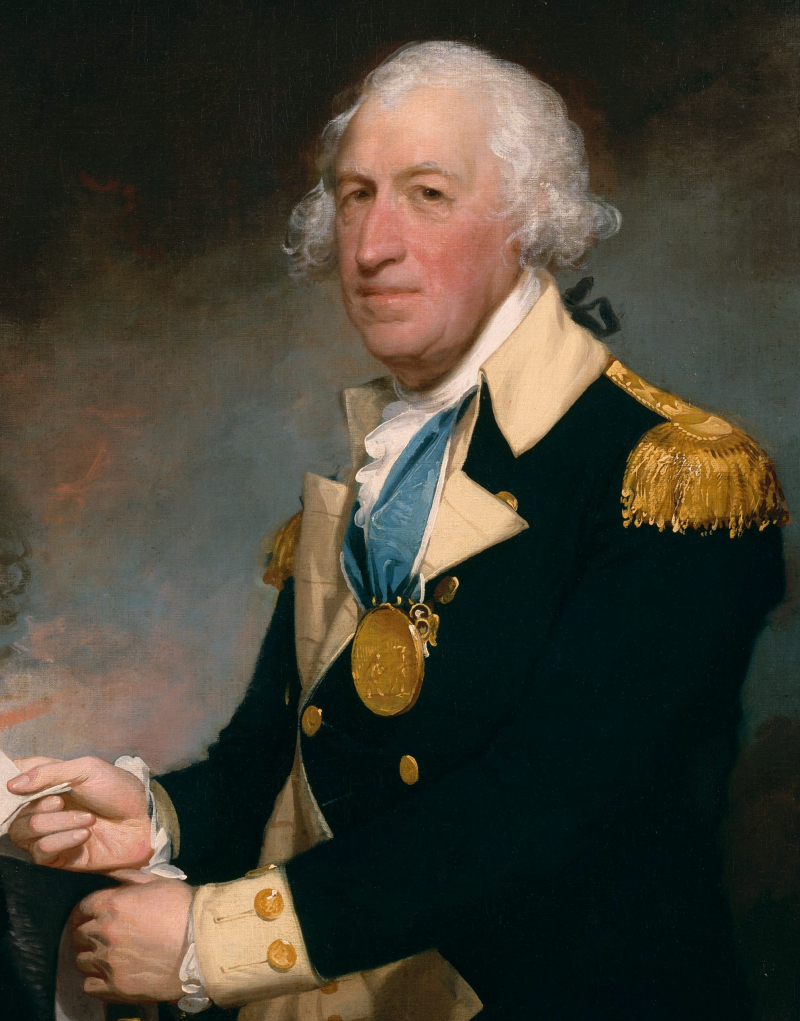
en.wikipedia.org 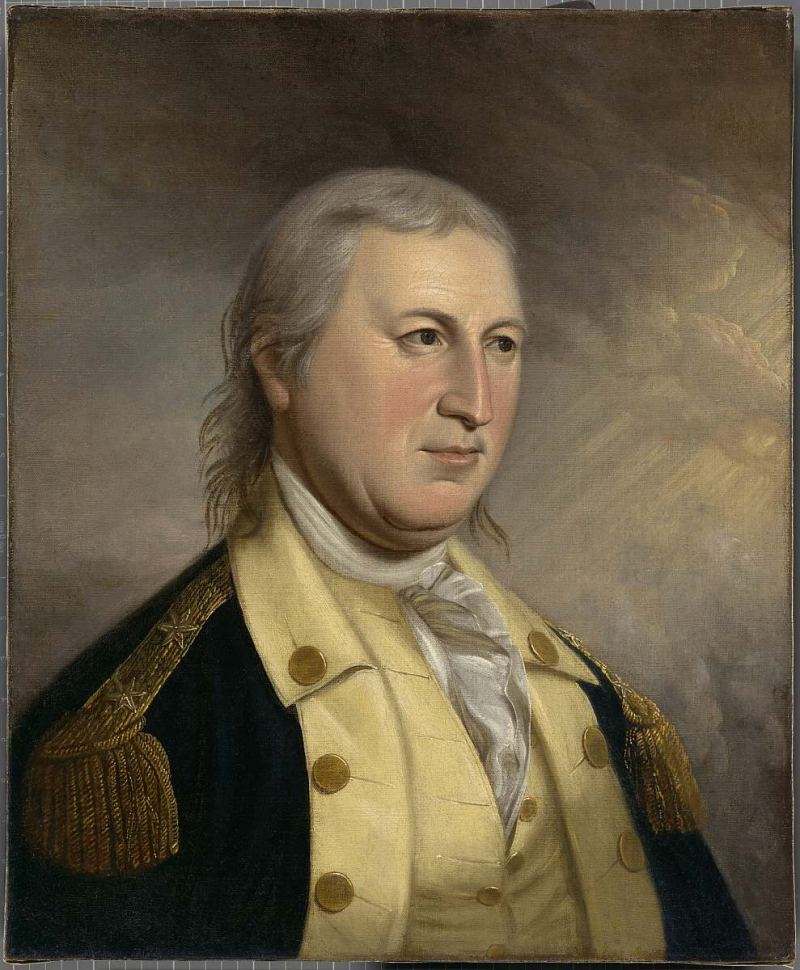
photostockeditor.com -
Horatio Gates recognized his obligation to serve as soon as the American Revolutionary War began in 1775. It's also possible that he noticed some fresh prospects and acted rapidly to take them. Gates was swiftly advanced to the position of Brigadier General and then to Adjutant General due to a number of factors, including the shortage of experienced leaders in the newly established Revolutionary Army.
Given Gates' skill as a staff officer, Washington advised the Continental Congress to appoint him as a brigadier general and the army's adjutant general. This request was approved, and on June 17 Gates took on his new position. He labored to organize the army's numerous state units when he joined Washington during the Siege of Boston. He also created mechanisms for commands and records. The man himself, George Washington, whom he privately hated, patronized him. Although Horatio Gates' organizing abilities were highly regarded by Washington, the latter had been itching for some genuine combat action.
In the early phases of the army, Gates was a crucial asset. He standardized the regiments of the several colonies and structured the army's record-keeping system. He was a brilliant administrator. He had a thorough awareness of both the outward appearance and internal operations of a professional army.
He developed a voice of caution during the Siege of Boston and advised the commanders not to take unwarranted risks. Gates was made a major general and assigned the charge of the Canadian department in June of 1776.
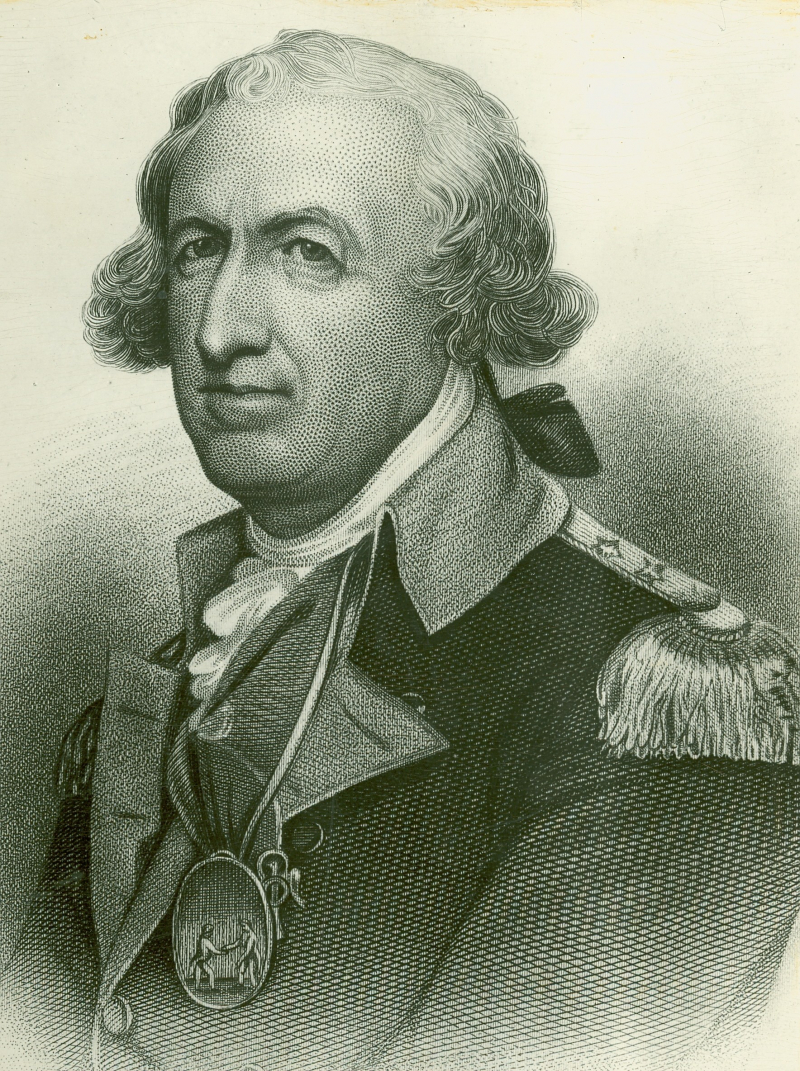
army.mil 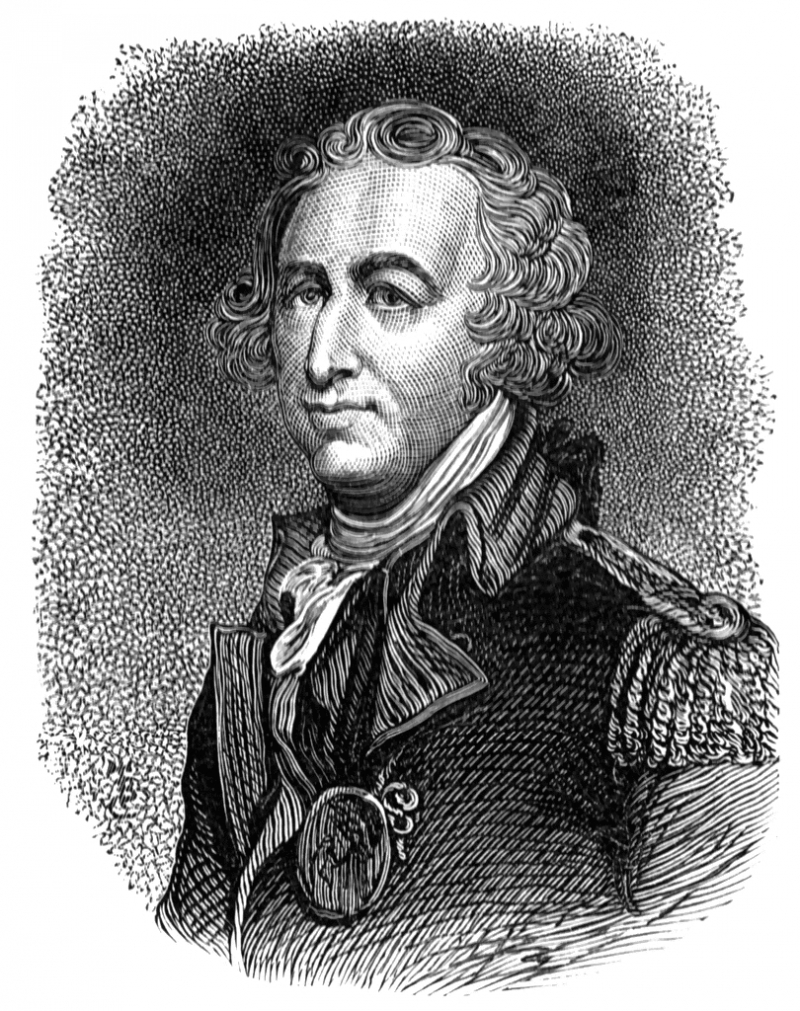
etc.usf.edu -
In order to join forces with George Washington's army in Pennsylvania, Horatio Gates tactically moved part of his men south in 1776, which marked the beginning of his rise to prominence. After then, a careless action was made.
Gates went to Baltimore to attend a meeting of the Continental Congress rather than remaining in command of his troops for a planned midnight attack on Trenton. The justification was that he disagreed with Washington's more forceful strategies.
One of the interesting facts about Horatio Gates include the fact that he attempted to undercut Washington's views in Congress, but that Washington won resounding triumphs at Trenton and Princeton. Gates was thus assigned to General Philip John Schuyler's command and dispatched north. Following the defeat of his force at Fort Ticonderoga, Schuyler finally lost the High Command's favor, and Gates was appointed to lead the Northern Department in August of the same year. Gates was therefore in command of the Northern Army when it annihilated British General Burgoyne's invasion troops at Saratoga as a result of this fortunate turn of events.
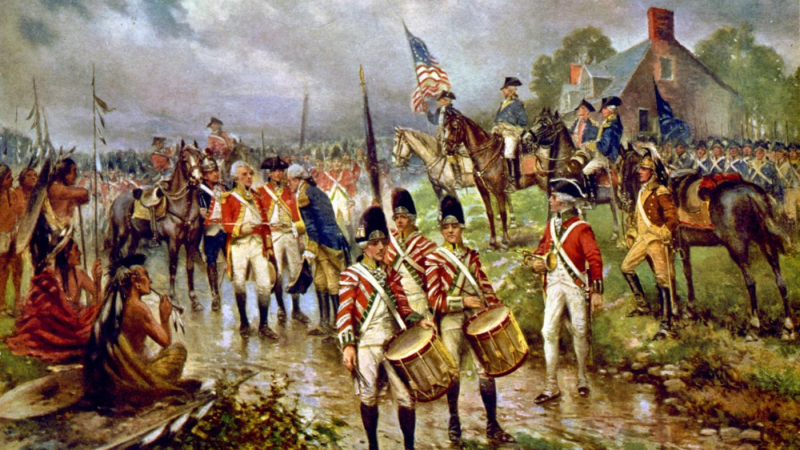
Photo: The Battle of Saratoga - brewminate.com 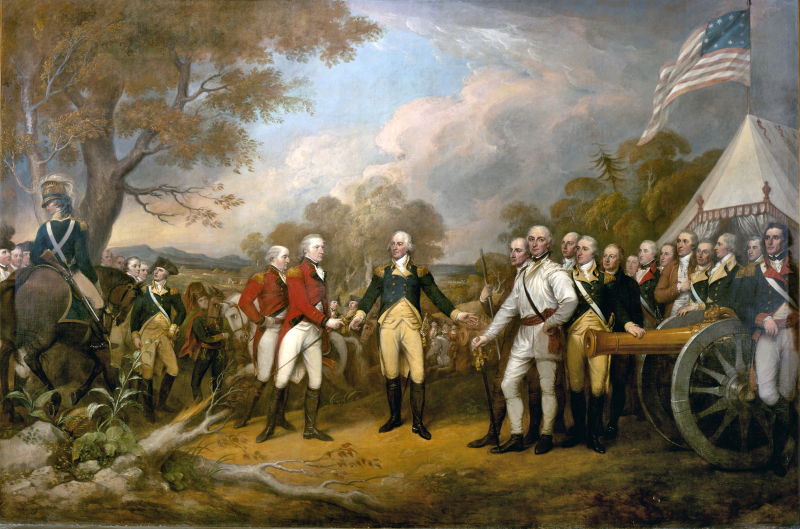
Photo: The Battle of Saratoga - commons.wikimedia.org -
Horatio Gates had frequently argued that he should have been named the head commander of the Continental Army rather than George Washington. He grabbed the opportunity to approach Congress for a promotion to a higher post as soon as his triumph at Saratoga was over. He thereby held both the position of president of the Board of War and that of the field commander, which was a classic case of a conflict of interest. Some members of Congress at the time favored Horatio Gates to succeed Washington.
This post elevated him above his commanding commander, Washington, which was even more embarrassing. Through a letter, Washington was informed of Gates' scheme. General Thomas Conway wrote a scathing letter of Washington, which Gates adjutant James Wilkinson passed to General William Alexander. Alexander then sent it on to Washington. Henry Laurens, the president of Congress, read the letter and informed Congress of the Conway Cabal's existence. The people who supported Washington flocked to his side. Horatio Gates was able to quench his craving for power in the end. He expressed regret to Washington, resigned from his position as head of the Board of War, but preserved his military rank. But things went downhill between him and Washington.
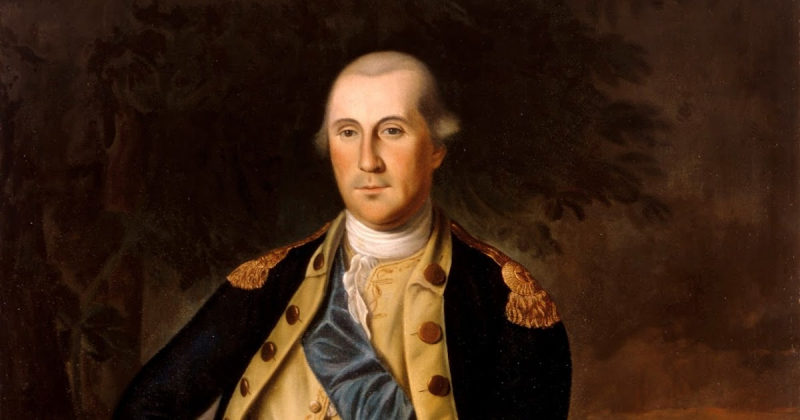
Photo: George Washington - hhhistory.com 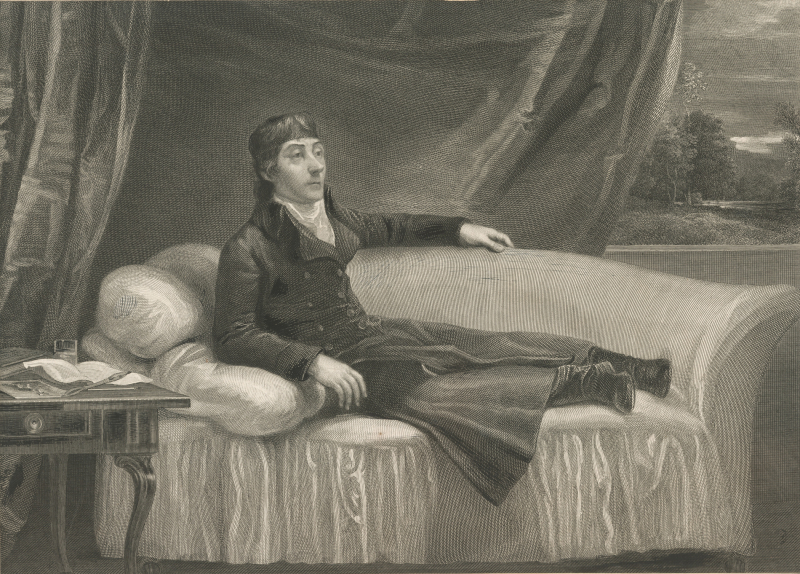
Photo: Thomas Conway - allthingsliberty.com -
Similar to how the great Napoleon suffered his Waterloo, Horatio Gates' most heartbreaking defeat was at Camden. Gates marched his army toward the British forces at Camden, South Carolina, despite the fact that his men were running low on supplies, abandoning the careful approach he used against Burgoyne in 1777.
Due to this action, the American side suffered one of the war's biggest setbacks in the Battle of Camden on August 16, 1780. Gates rode over 200 miles in three days to desert his men and leave the battlefield as the American soldiers withdrew. Gates' artillery and cargo train were lost when he fled the battlefield. He rode another sixty miles to Charlotte, North Carolina, before dusk after meeting up with the militia at Rugeley's Mill. Gates subsequently claimed that this trip was taken to gather more soldiers and supplies, but his superiors saw it as great cowardice. His reputation was damaged when he was accused of cowardice. In October 1780, Gates was relieved of his position as commander.
Gates ordered his soldiers to travel nearly 270 miles on horses in the days before the assault, so when the two forces eventually fought, they were utterly exhausted. The awful thing about Horatio Gates was his chaotic withdrawal in the face of an unavoidable loss.
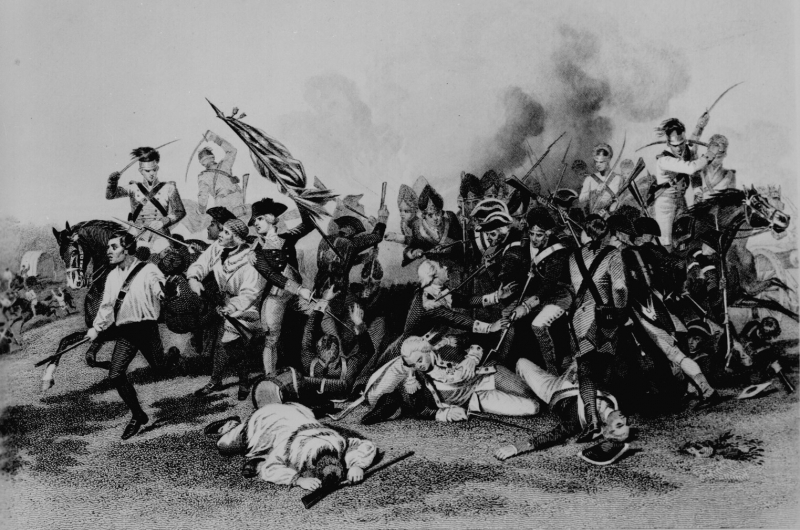
Photo: Battle of Camden - en.wikipedia.org 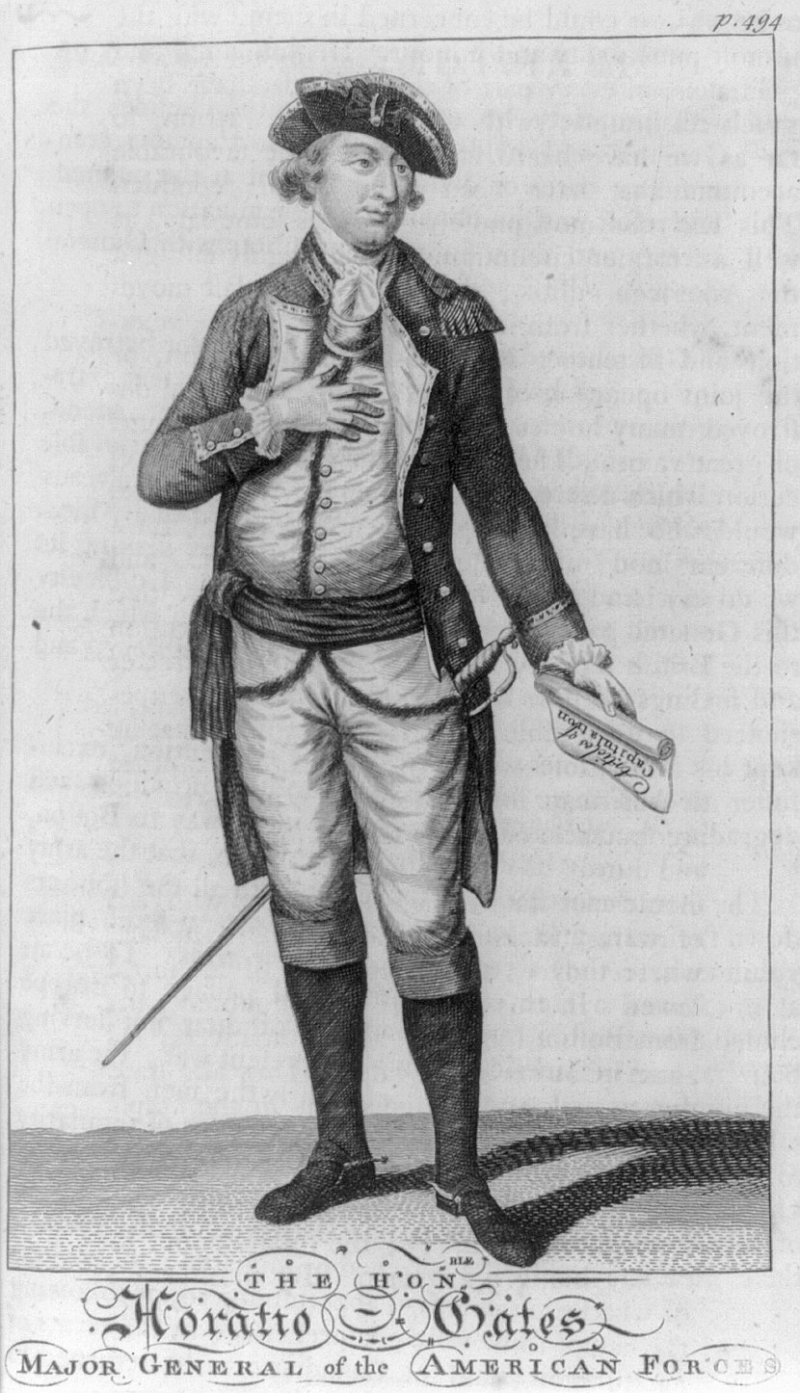
commons.wikimedia.org -
It is thought that the continual exposure to the harsh northern winds made Vikings hardy. Comparably, Horatio Gates' brilliance is best seen in the light of two catastrophic incidents in his life that he overcame and moved on from.
Firstly, Gates discovered that his only son, Robert, had perished in battle in October 1780, barely five months after his unfortunate defeat at Camden. Gates later lost his wife, Elizabeth, only three years later, in 1783. He did, however, manage to get over his loss and return to public duty after retiring the next year.
Horatio Gates was chosen to lead the Virginia chapter of the Society of the Cincinnati, an association of former Continental Army commanders, after returning to his plantation in Virginia, today known as Traveler's Rest Historical Site.
Then, three years after his wife passed away, Gates wed Mary Valens, but regrettably, the two of them were already too elderly to have children. Despite their elderly age, the pair participated in politics and society until Gates' death in 1806.
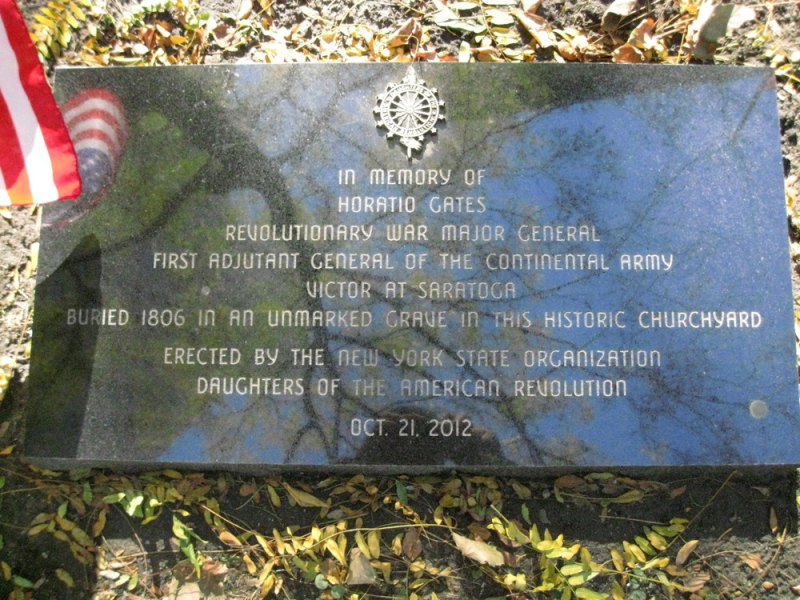
Photo: Grave of Horatio Gates at Trinity Church in lower Manhattan - americanrevolution.com 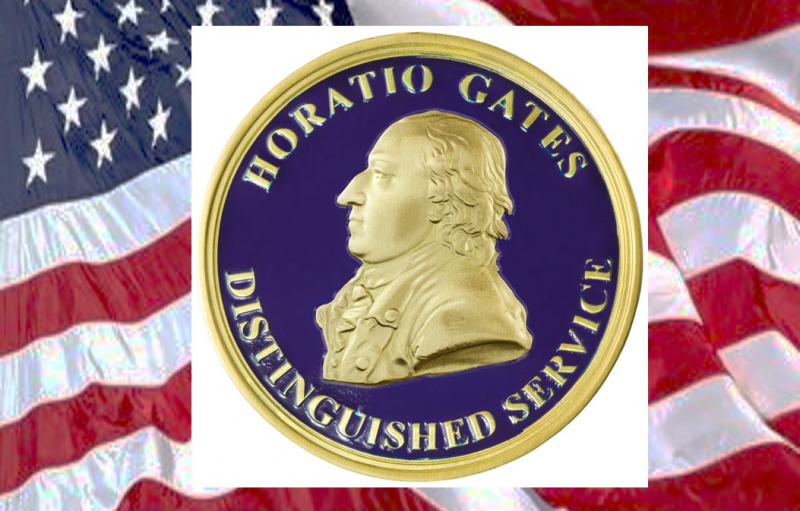
www.agcra.com








